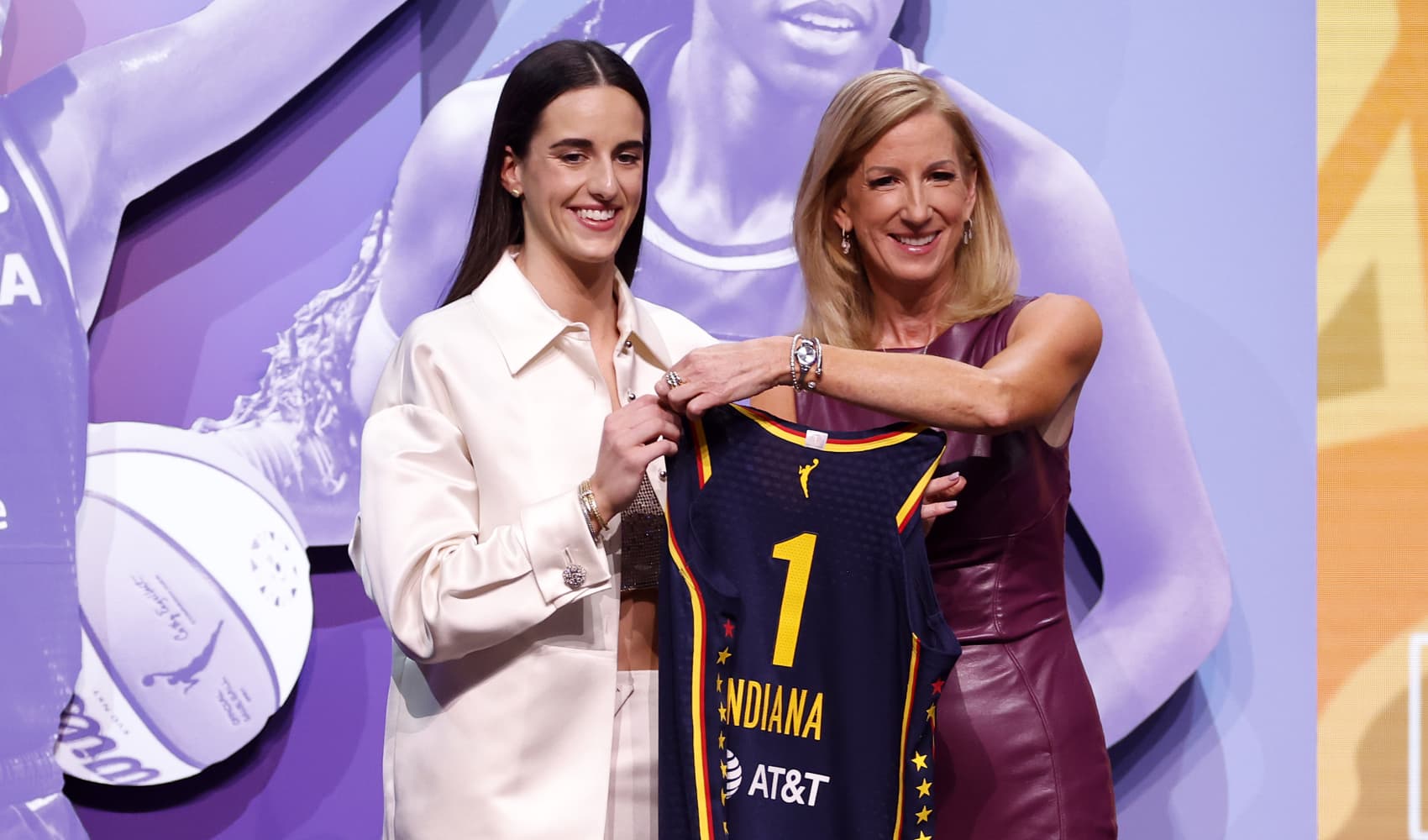
As a career coach who has helped hundreds of people land six-figure jobs, I've found that most job seekers actually are qualified for the job that they want.
But when it comes time for the job interview, they'll exhibit nervous body language, or babble out words that don't say anything meaningful at all.
It's important to identify your stumbling blocks so that you can present yourself in the best light. Here's why you may be getting interviews, but no offers — and what to do about it:
1. You look desperate.
Get DFW local news, weather forecasts and entertainment stories to your inbox. Sign up for NBC DFW newsletters.
Have you ever thought "I really need this job" before an interview? Maybe you recently got laid off and need the money. It happens.
But interviewers can detect desperation. Remind yourself that not getting an offer doesn't mean you're a failure. Instead of only focusing on what you can get from the job, explain why you would be a valuable addition to the company.
For example,
- What not to say: "I was laid off, and this role checks all my boxes."
- What to say instead: "Getting laid off gave me the time to step back and find positions like this one, where I can make a real impact in building a sales team. This is exactly when I've done in the past six years."
2. Your self-doubt shows.
Money Report
If you feel uncertain about your abilities, you're more likely to speak with a nervous, indecisive tone, or have anxious body language, such as hunched shoulders and crossed arms.
Build your confidence by preparing at least three skills and three accomplishments to talk about. Practice speaking with conviction about your expertise, and why it makes you qualified for the role.
For example,
- What not to say: "I was promoted in 2021 to a director role, which surprised and humbled me."
- What to say: "I was promoted in 2021 from senior manager to director thanks to my team's 100% year-over-year growth in revenue. I was ready to take on training and coaching even more sales leaders."
3. You didn't provide enough details.
It's easy to draw a blank after a tricky question, and just rattle off what's listed on your resume.
The best candidates tell a story and share concrete examples of their most impressive achievements. Set the scene so your interviewer can understand the work that was required.
For example,
- What not to say: "I successfully led an office move of 100 employees."
- What to say instead: "I had never lead an office move before, so I talked to experts and created a checklist of steps to take. I delegated tasks and gathered input, and held weekly check-ins to track progress. Things went smoothly because I had a strategic plan."
4. You try to hide your weaknesses.
You might be inclined to avoid talking about your weaknesses. But when you are transparent about what you hope to work on, it shows that you have a growth mindset.
Ask the interviewer what their ideal candidate looks like. If you differ in any way, explain how you would fill in those gaps.
For example,
- What not to say: "This position oversees a team of 20. I've never led a team of more than 10, but I know I can because I always get positive feedback from people I work with."
- What to say instead: "I've struggled in the past with leading a team of just 10 people. But I've been working on my time-management skills, and now I only take meetings that I absolutely need to be in. This way, I have more time to meet with individual team members to make sure they receive proper feedback."
5. It had nothing to do with you.
Sometimes there simply wasn't anything more you could have done to change the outcome because something behind the scenes happened.
Maybe they restructured and abandoned the hiring process for the position, or maybe there was a budget freeze. Or, even though you gave it your all, you weren't the right match.
No matter the reason, it's not your problem to fix. If they said they would get back to you, and it's taking a while, it never hurts to follow up. But at a certain point, you must move on and put energy into other opportunities.
Natalie Fisher increased her salary by $60,000 in one job search. A former HR professional, she is now a career coach who helps job seekers understand and communicate their value and land six-figure roles. Follow her on LinkedIn and YouTube.
Don't miss:
- An Amazon applicant who Jeff Bezos hired ‘on the spot’ shares 5 ways to ‘instantly impress’ during the job interview
- I’ve helped people land jobs at Google, Facebook and Uber—here are 5 things I never want to see on your resume
- Elon Musk asks this question at every interview to spot a liar—why science says it actually works
Sign up now: Get smarter about your money and career with our weekly newsletter






